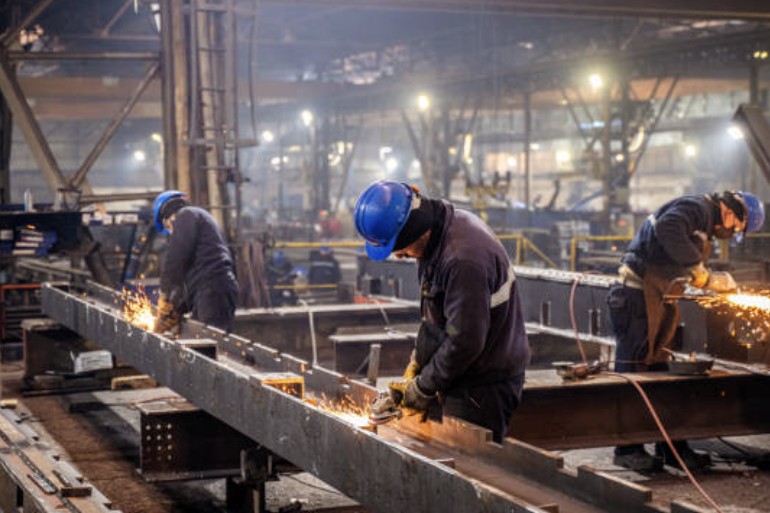
Posted on Wednesday, October 2, 2024
As global attention shifts towards sustainability and climate change, industries worldwide are adopting eco-friendly practices to reduce their environmental impact. South Africa’s steel industry, a cornerstone of its economy, is no exception. With advancements in green technologies and sustainable production methods, the steel industry is taking significant strides toward a greener future.
Sustainability in steel production refers to the adoption of practices and technologies that minimize environmental harm while maximizing resource efficiency. This involves reducing carbon emissions, recycling materials, utilizing renewable energy, and promoting waste-free production methods.
Green steel is produced using renewable energy and innovative technologies like hydrogen-based reduction instead of traditional coal-based blast furnaces. South African steel manufacturers are increasingly investing in green steel production to meet international environmental standards.
Recycling scrap steel is a crucial eco-friendly practice. South Africa’s steel industry is leveraging its robust recycling infrastructure to melt and reuse scrap metal, reducing the need for virgin raw materials and lowering carbon emissions.
Steel plants are incorporating solar and wind energy into their operations to reduce reliance on fossil fuels. Renewable energy partnerships are becoming a trend among large steel manufacturers in South Africa.
Advanced machinery, energy-efficient technologies, and optimized production processes are helping steel companies cut energy consumption. Initiatives like heat recovery systems ensure minimal wastage during production.
South Africa is a water-scarce country, making sustainable water management essential. Steel plants are implementing closed-loop water systems to recycle and reuse water, significantly reducing consumption.
Some companies are exploring carbon capture and storage technologies to trap CO₂ emissions from steel plants and store them underground, preventing their release into the atmosphere.
Green steel is steel produced using sustainable methods, such as renewable energy and hydrogen reduction, resulting in minimal carbon emissions.
Recycling reduces the need for raw materials, saves energy, and minimizes waste, making the production process more sustainable.
EAFs are energy-efficient furnaces that use electricity to melt scrap steel, avoiding the need for coal-based blast furnaces.
Carbon capture traps CO₂ emissions from steel production, preventing them from entering the atmosphere and contributing to climate change.
South African steel manufacturers are transitioning to renewable energy, adopting green steel technologies, recycling scrap metal, and implementing energy efficiency programs.
Renewable energy powers energy-intensive processes, replacing coal-based electricity and significantly lowering greenhouse gas emissions.
Yes, eco-friendly practices often reduce costs through energy savings and recycling. Additionally, they enhance a company’s marketability to environmentally conscious consumers and global partners.
[Insert a case study of a South African steel company implementing green technologies, highlighting their methods, achievements, and impact on the environment and economy.]
South Africa’s steel industry is at a transformative juncture. By embracing sustainable practices and leveraging innovative technologies, the sector can reduce its environmental impact, improve efficiency, and secure a green future. As consumers and industries increasingly prioritize sustainability, South Africa’s steel manufacturers have the opportunity to lead by example and contribute to a global movement toward eco-friendly industrial practices.

Used Purlin Roll Forming Machines for Sale Worldwide
Posted on Sunday, January 25, 2026
Pre-Owned Roll Forming Machines for Purlin & Structural Steel Profiles

Used Roof Panel Roll Forming Machines for Sale Worldwide
Posted on Sunday, January 25, 2026
Pre-Owned Roll Forming Machines for Roofing Panel Production

Used Roll Forming Machines for Sale Worldwide
Posted on Tuesday, January 20, 2026
Pre-Owned Roll Forming Machines with Inspection, Verification & Global Support

Steel Coil Supply for Roll Forming Machines Worldwide
Posted on Tuesday, January 20, 2026
Reliable Steel Coil Supply for Roll Forming, Fabrication & Manufacturing Applications
Copyright 2026 © Machine Matcher.